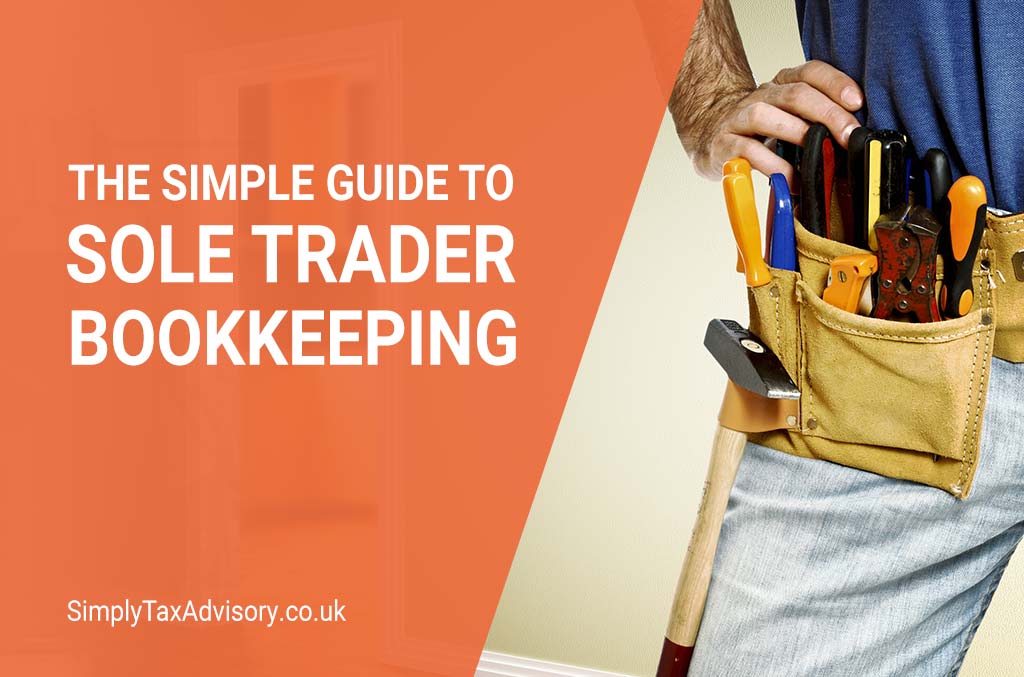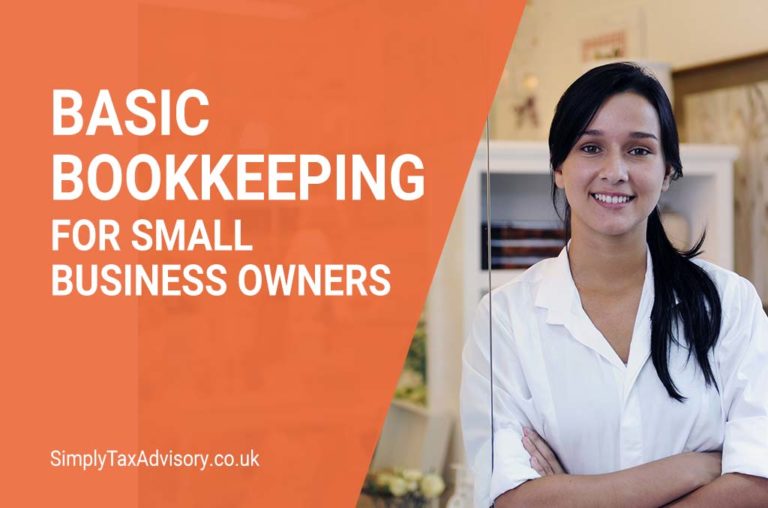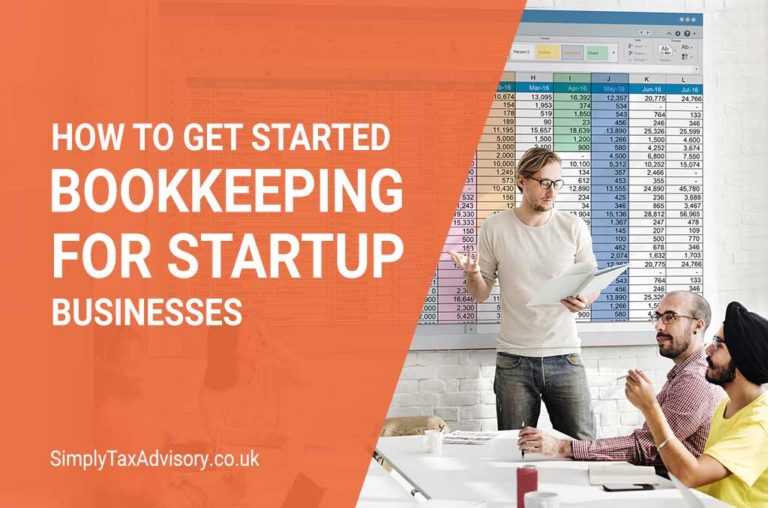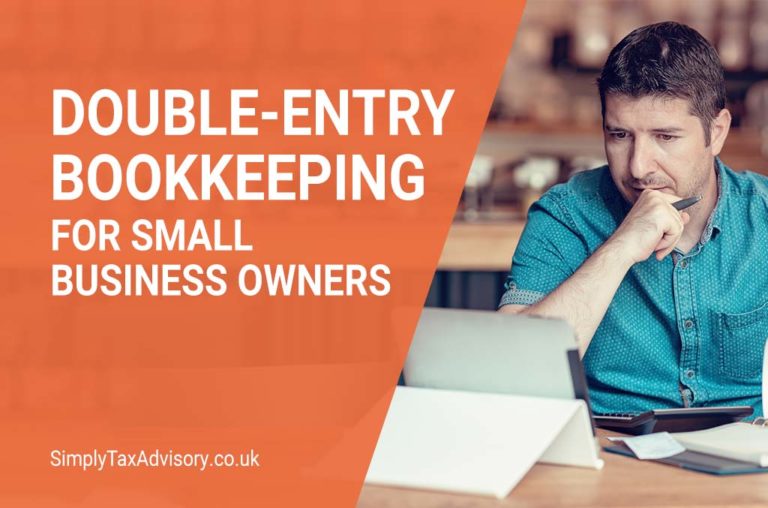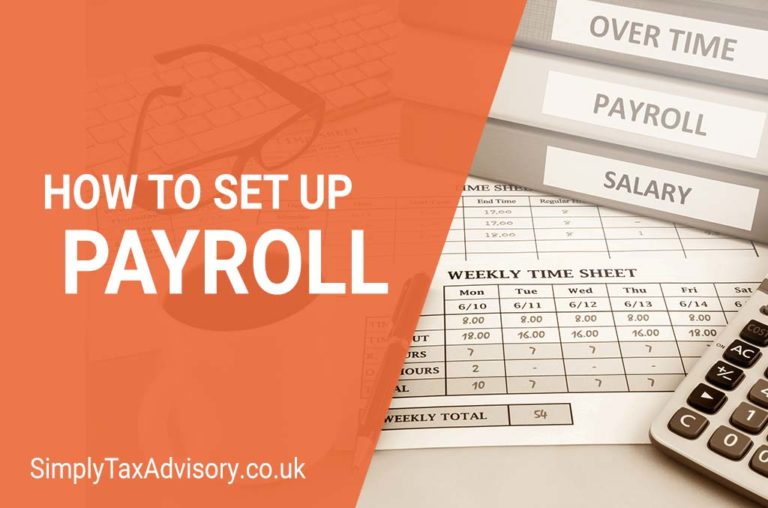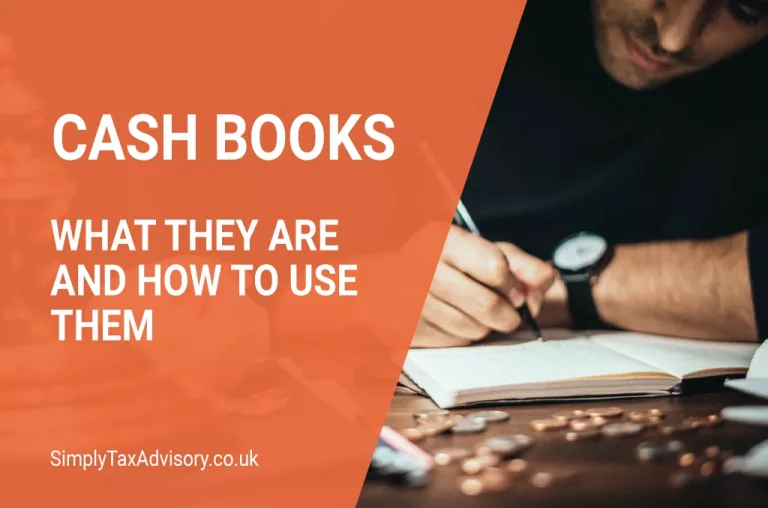The Simple Guide to Sole Trader Bookkeeping
If you believe in being your own boss, that means you know it can be hard. Working for yourself means holding yourself and your business to the highest standard.
Formally known as a sole trader, a business of one requires you as boss and employee to keep all your records and pay yourself. You are the business, so HMRC expects you to pay taxes on time and with all the proper paperwork, no exceptions.
All of this can feel freeing and weigh you down at once if you’re unprepared. That’s why we made a quick and easy guide about Sole Trader Bookkeeping to help you meet all the standards on time and without hesitation.
How To Register As A Sole Trader?
Before you get registered as a sole trader, make sure to set up business accounts for things like email, your banking, and phones separate from any personal work. Keep yourself protected and avoid using anything with private information for work purposes.
After you get everything set up, you need to officially register with HMRC on the government’s official website. You also need to get set up with your self assessment tax form.
The self-assessment form helps you pay taxes after you earn more than £1,000 per fiscal year, (between April 6th and the following April 5th). You also need to keep any records of your business such as invoices or receipts.
Class 2 National Insurance payments are required for you to access healthcare. You also need to let HMRC know if you make money from renting out property.
After you register with HMRC, they will send you your login information to help you go online and make payments, download necessary documents and help you calculate what you owe.
Setting Up Accounts For A Sole Trader
Once you have the foundation laid, you need to set up your accounts. You have to keep track of the following:
You may choose to contract an accountant to help you get started or as work comes in and pulls you away from administrative duties. If you use an accountant, he or she needs to add several considerations to your books, including:
As your business grows, you can keep a certain amount of money tax-free. This is your personal allowance and the amount adjusts each year.
| Earnings | Allowance |
|---|---|
| £0-£100,000 | £12,500 |
| £100,001 – £125,000 | Your personal allowance will decrease by £1 for every £2 of income over £100,000 |
| Over £125,000 | £0 |
After your personal earnings reach £125,000, it makes more sense to expand your business and take on employees than to pay the full tax yourself. HMRC requires you to register for Value Added TAX, (VAT), after you reach the £85,000 mark, making taxes significantly higher.
How can you keep track of the paperwork, deadlines, and dues? You need a solid bookkeeping system. or you can check our Bookkeeping services for Sole Traders in the UK and save valuable time and energy!
Sole Trader Bookkeeping UK
To keep you up with your Sole Trader Bookkeeping, you need some solid software. The magazine TechRadar.com took a look at the available online and cloud-based options to help out anyone who prefers DIY accounting.
Here are their top five.
Freshbooks
Built with the small business owner in mind, Freshbooks likes to keep things small and simple. The cloud-based program covers all the aspects of running a business.
Freshbooks can help you build a freelance business or aid you in your first hire. It starts at £11.40 a month for the basic package.
Quickbooks
A household name in accounting, Quickbooks took off when they launched an online version.The program offers several versions, including Quickbooks Self-Employed. The most basic level of Quickbooks comes with tons of extras and the company can make a bespoke version for you if you can’t find what you need.
Their large range of products requires you to visit their site. They have a vast amount of options and all with different prices, so check them out to see what’s right for you.
Xero
Another contender designed just for small businesses, Xero wants to grow with your business. The small, basic package only accommodates a small amount of invoices, bills, and cuts you off after 20 bank transactions.
For early days, those limits feel doable. But as you get going, you’ll need different packages offered by Xero to keep up with demand.
Bonus, Xero has a “convert your Quickbooks” option for anyone wanting to switch from the accounting behemoth to something smaller and sleeker. You can sign up for the lightest version at £10 a month.
Sage Accounting
It does what it says on the tin – Sage Accounting strives to be your accountant and advisor all in one. Their customer service is impeccable and they include tons of detailed videos to help any new sole traders get their business open, get accounts set up, and start paying taxes.
Neatly presented and easy to use, Sage Accounting lets you sign up for their beginner version, Accounting Start, for only £3.60 a month. Once you have your business set up, you can start with their accounting software for £7.20 a month.
Kashoo
Another customer service superstar, Kashoo stands out for its inclusive approach to accounting, The software includes multi-currency support, making it a good choice for anyone working with clients in other countries.
Kashoo keeps it sleek – an interface that’s easy to navigate, a dashboard that gives you your accounts at a glance, and almost no limits on financial transactions. The only drawback is the lack of an Android app, (though iOS has one).
Sign up for Kashoo for £12.75 a month.
Things To Keep In Mind As You Balance Your Books
The best software in the world can’t stop us from stumbling. Professionals who specialise in pulling sole traders to safety from submerged waters find many of these owners make similar mistakes.
However, to keep your Sole Trader Bookkeeping adjusted to HMRC compliances, you can sidestep these problems with some basic preparation and maintenance. Here’s what to look out for as you work for the world’s toughest boss – you.

First, you need to set up a regular bookkeeping session with a pro or by yourself to establish a book balancing habit. Like going to the gym or getting a checkup at the doctor, treating your accounts as something in need of regular checking keeps you from procrastinating.
Many small business owners put off their accounting because they feel it doesn’t take precedence over other duties like meeting with clients or marketing. But falling behind on bookkeeping can have major consequences.
If an HMRC rep visits your business and finds you don’t have the proper records, you can be stuck with a hefty fine. The longer you let a receipt sit on your desk or in your bag the harder it is to remember to claim the expense.
Getting behind on bookkeeping can cost you much more than time – it can land you in debt. Do your business a favour and set up a weekly bookkeeping check-in to keep your accounts in shape.
Second, you need a system that works for you. The sleekest, sexiest software might not work for you.
You need a system that makes it easy to retrieve records, digital receipts, and your paperwork. The moment you have to dig to find something it’s a sign you need help or need to start again with something you can navigate.
Any software system also needs to have good security to keep your accounts safe. Make sure to backup everything with a hard drive or a Dropbox account in case your computer crashes or your business experiences a security breach.
Number three is the importance of keeping receipts! So many self-employed workers skip this one because they don’t answer to an accounts department like a traditional office worker.
Despite the lack of demand that you show exactly how much you spent on lunch with a client, you need every receipt you can get from the moment you start orchestrating your business. Ask for one even if the business doesn’t normally give them, such as for toll paid or a cleaning service.
The UK government requires you to report all business expenses and keep copies of those receipts for six years. Hold onto them, make copies, and store them safely.
Other things you can do to stay on top of your books is to calculate your own bank accounts, don’t leave it up to the bank. Banks make mistakes like the rest of us, so reconciling your own sums with the bank’s is a good idea.
Many sole traders mix their personal and business accounts, a great way to end up bogged down in confusing numbers. Start with separate professional and personal accounts so you never have to wonder what’s for you and what counts as work.
Sole Trader Vs Limited Company UK. What’s The Difference?
When most people in the UK decide to work for themselves, they normally start as sole traders. That means the business is the person – the government doesn’t separate you from the operation you run.
As a sole trader, you have to do your self-assessment, and any money remaining after taxes stays with you. HMRC won’t mind if that money lands in a business or personal account given you properly report your turnover profit less your expenses.
If you follow HMRC’s requirements for taxes within the bounds of self-employment, the government considers you a sole trader. All liability stays with you in good times and bad.
Limited companies must have unique names registered with Companies House and can’t be in use with another group. A limited company exists as a separate person – it’s a place you work, it’s not you.

In the beginning, you may not have any other directors or shareholders in your limited company, only yourself. But you can structure it so that you take on less risk with the help of two groups.
You can run the company with fellow directors and leave the ownership up to a board of shareholders. Or, you can stay with the shareholders and focus on hiring and overseeing a group of directors.
Shareholders don’t have to be people, they can be other companies, limited or no. However, at least one person must work as a director.
There are plenty of other traits you need to know about limited companies and sole traders, but these are the basics. Please, if you have more questions about structuring your company, contact us to set up a consultation.
Why Choose Simply Tax Advisory Sole Trader Bookkeeping Services UK?
There’s one reason to hire us – we work hard to stay on top of HMRC’s expectations so you can rest assured your taxes, records, and returns get filed on time and correctly. We want you to focus on the work you do best, so we take care of your accounts to keep your business humming.
Do you want the stress of balancing your books taken off your shoulders? We are here for you.
We strive to maintain our high standards, to stay on top of any recent developments in tax laws or decisions in the houses to offer you the best accounting service possible.
FAQs

About the Author
Claudio Alegria is the Chief Operating Officer at Simply Tax Advisory, providing tailored tax returns, payroll, bookkeeping and VAT services to small businesses, individuals and startups.
